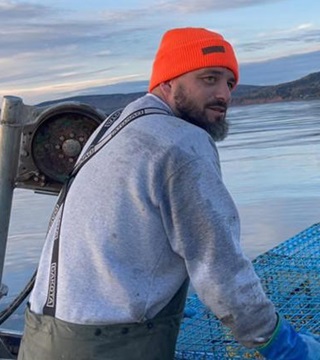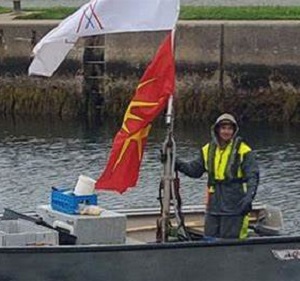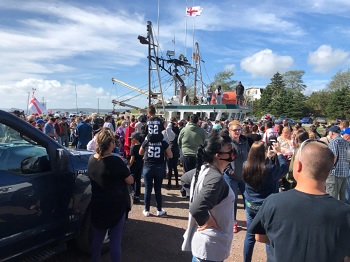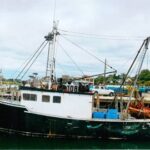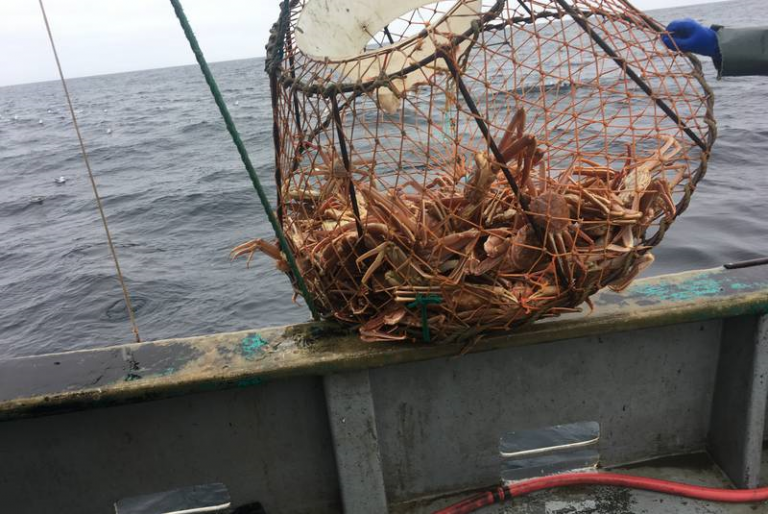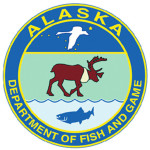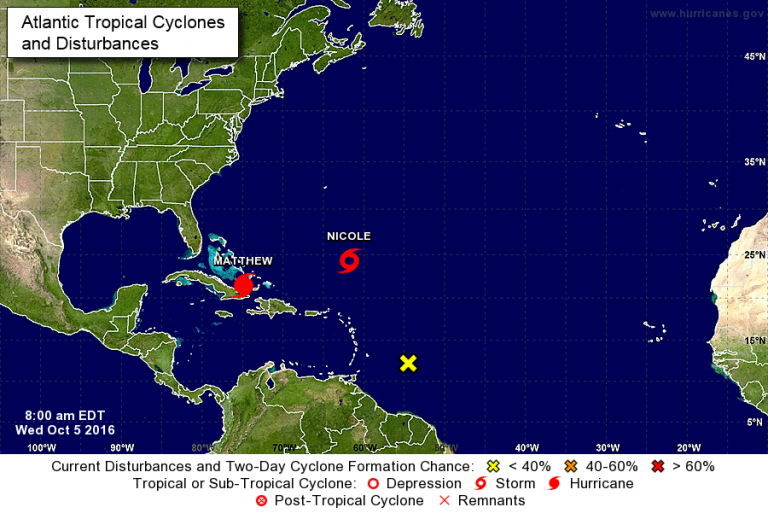Tag Archives: Peace and Friendship Treaties
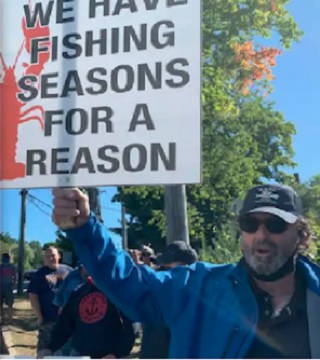
RUBENSTEIN: The endless Maritime lobster war
Nova Scotia has a series of historic treaties with the Mi’kmaq dating back to the 1720s, 150 years before any of the numbered treaties in the rest of Canada. These agreements are known as the Peace and Friendship Treaties and were designed to reduce warfare and to regulate trade between the indigenous and settler populations. While these treaties contained few monetary and no land transfer provisions, they guaranteed hunting, fishing and land-use rights for the descendants of the indigenous signatories. These Peace and Friendship Treaties remain in effect today but were regularly but improperly denied or ignored by the Crown during much of Nova Scotia’s past. Today, those ignoring the treaties and court rulings stemming from them are the Mi’kmaq themselves. >>click to read<< 10:27

For Atlantic Canada, Fishing Season Brings Yet More Violence
In the early morning dark of April 12, 2023, violence erupted along a Nova Scotia riverbank after a man engaged a woman and a youth in a heated argument. Soon after, seven people arrived. One allegedly assaulted the man with a pipe while another stood nearby wielding a knife and a taser. When the RCMP later arrested two members of the group a short distance away, the officers found two shotguns and a taser. Conflict around elvers is not new, nor is it the only fishery in Atlantic Canada that’s seen so much turmoil. Whether it’s around elvers, lobsters, or something else, “this will continue to play out, and play out, and play out, until the government deals with the issues on the table.” >click to read< 08:05

Mi’kmaw fisher hopes his treaty rights will prevail at trial
Matt Cope has already told the court that he was harvesting lobster in August 2020 when he was charged. While the fisher from Millbrook First Nation admits to that – Cope, 36, says his treaty rights should protect him from a conviction. Cope appeared at the provincial court in Digby, Nova Scotia where the Crown proved he violated the fisheries act. Officials with the Department of Fisheries and Oceans, also known as DFO, testified that on Aug. 28 and 29, 2020, they seized 90 lobster traps from the Bay of Fundy. Video, >click to read< 11:09
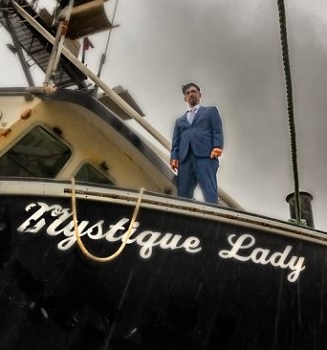
Mi’kmaw fisherman using 1752 treaty, ancestry in legal battle with DFO
Matthew Cope, 36, of the Millbrook First Nation near Truro, N.S. says he has proof Mi’kmaw Grand Chief Jean Baptiste Cope, who signed the Peace and Friendship Treaty of 1752 on behalf of the Mi’kmaq, is his direct relative. “So I have a 50-page lineage that was done up by the Confederacy (of Mainland Mi’kmaq). And it took years to make where it shows that I’m a direct descendant of Jean Baptiste Cope. So I am, in fact, the tribe of Indians that 1752 treaty signed for,” Cope explained. The Mi’kmaw fisherman says he intends to use this evidence to fight federal fishery charges against him in Digby Provincial Court. He is currently representing himself against charges that he illegally fished for lobster in waters near Digby during a closed commercial fishery. >click to read< 14:40
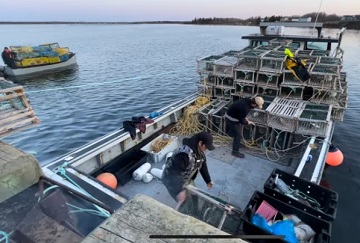
Lennox Island treaty lobster fishery gets underway without government approval
Treaty fishers set out following a morning ceremony at the island’s harbour, a week after the P.E.I. First Nation announced it would launch a moderate living fishery without authorization from the federal government. The initial plan was to set 1,000 lobster traps during the first day of the fishery. But Chief Darlene Bernard said they had to lower that target because some of the fishers did not have enough time to prepare. The decision to launch the fishery without the government’s authorization follows two years of negotiations between Lennox Island and the Department of Fisheries and Oceans that broke down last week. >click to read< 10:08

Why Lennox Island First Nation is launching a treaty fishery without federal approval
Prince Edward Island’s Lennox Island First Nation is set to launch its first moderate livelihood fishery, or treaty fishery on Saturday. The fishery is not authorized by the Department of Fisheries and Oceans, after negotiations to reach an agreement were unsuccessful, but the First Nation says it doesn’t have to be. To understand the significance of the decision to proceed without a nation-to-nation agreement in place, it’s important to know the history of the ongoing debate and the unique treaty rights held by the Mi’kmaq as the original inhabitants of the Maritime region. >click to read< 11:13
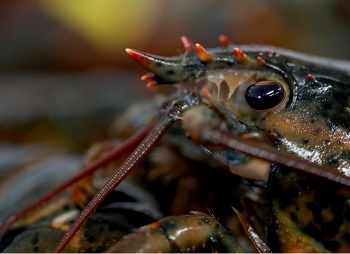
Canadian government likely has not met constitutional obligations to First Nations
The precedent set by the Supreme Court of Canada in the Marshall cases recognizes the First Nations’ right to fish under the Peace and Friendship Treaties but also allows for limitations by the government for the purpose of conservation. The Badger decision set out the parameters for applying those limitations and puts the onus on the federal government to show that the infringement of treaty rights is justified, and to consult with First Nations to find a solution that puts the minimum restrictions on Indigenous rights. The 13 Nova Scotia First Nations chiefs have unanimously rejected Jordan’s plan for a number of reasons, a major one being a lack of consultation. >click to read< 11:45






